Beef Herd Health and Quality Assurance
All Beef Herd Health and Quality Assurance Content
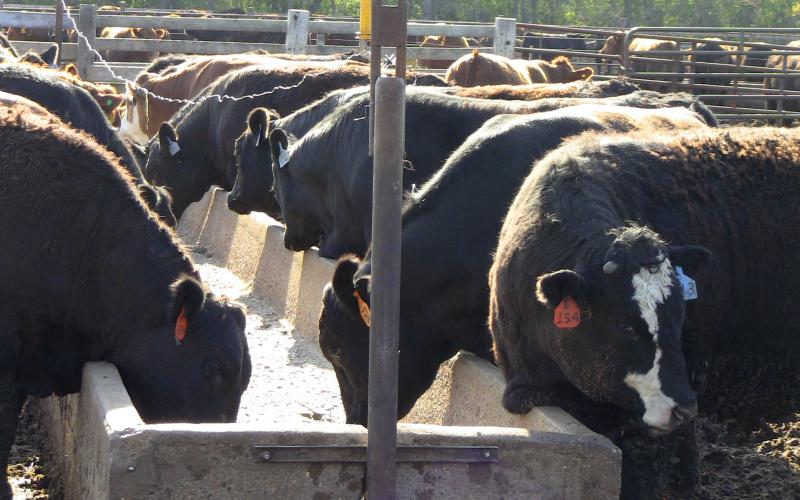
Neospora-Positive Status: Impact on heifers/cows and their calves
Neospora caninum is a protozoal germ that has the potential to affect reproduction in beef and dairy herds. Neospora-related reproductive problems can arise from two different kinds of infected cattle: 1) cows or heifers that became infected by eating contaminated feed, and 2) cows or heifers that were born with Neospora and pass it on to their offspring in utero.
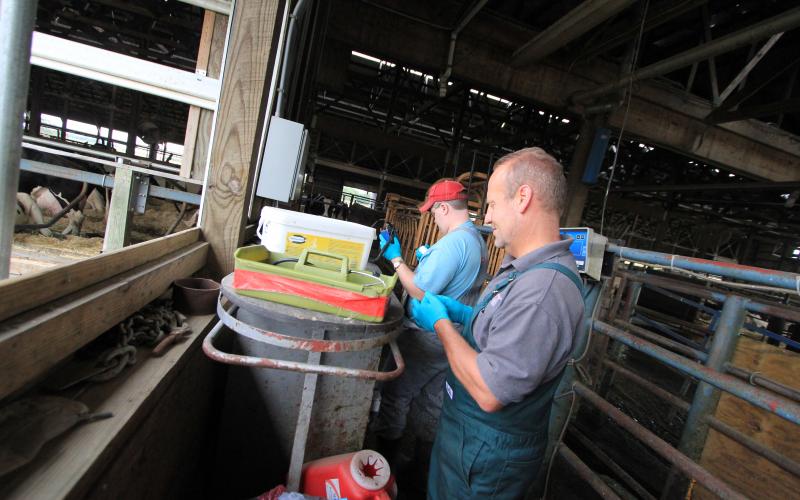
Prevention of Needlestick Injuries in Livestock Production
Within agricultural production a good share of livestock producers perform routine veterinary work themselves. This includes administering vaccinations or treatments for common disease or sickness. A result of performing this type of work there is increased risk for injury do to a needle stick injury.

Considerations for Grazing Standing Corn
Grazing standing corn is a viable option to supply nutrients to livestock. However, mitigating risk is critical to ensure healthy animals and optimize crops.
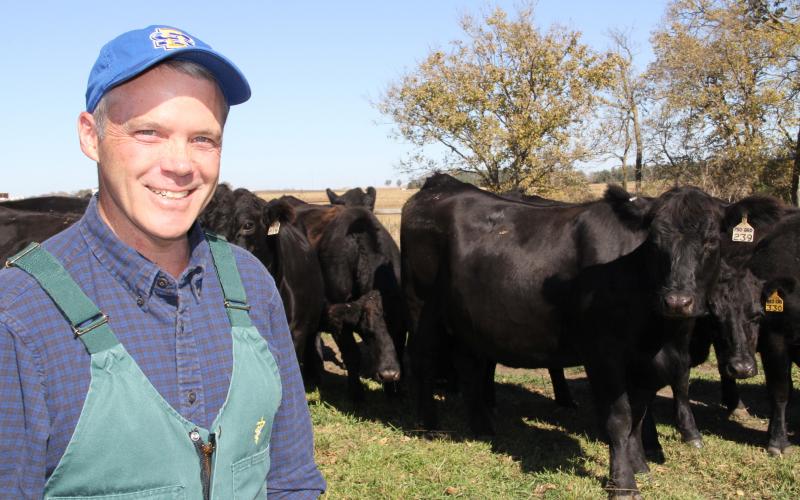
Five Tips to Keeping Livestock Vaccines Viable on Farm
September 09, 2021
Whether the producer/veterinarian team chooses an inactivated or modified-live virus vaccination program, Daly says it’s important that the vaccines don’t go past their prime.
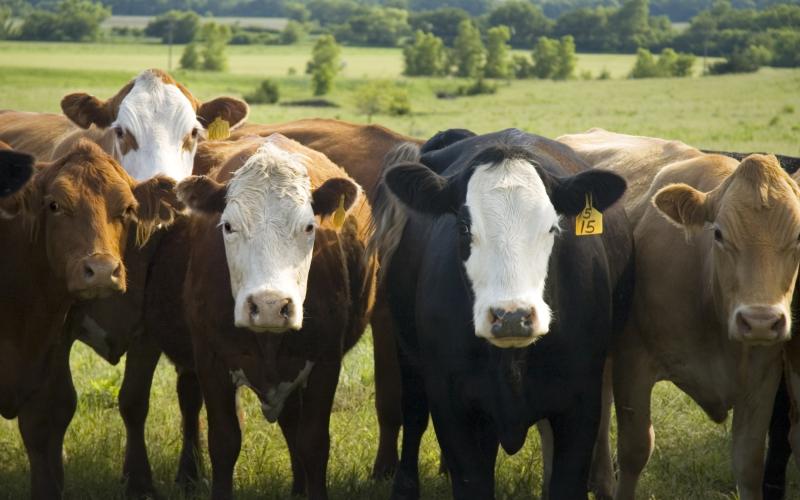
Livestock Vaccines: How They Work and How to Ensure They Do Their Job
Fact sheet about vaccine basics and tips to maintain vaccine viability for cattle producers.
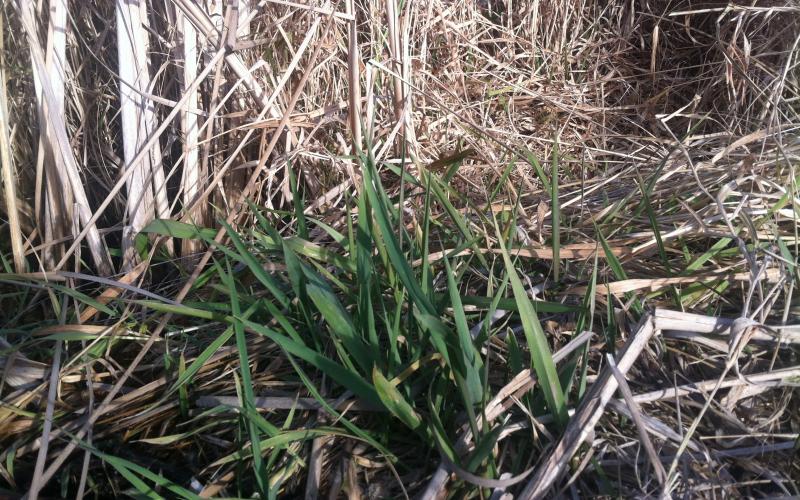
Reed Canary Grass: Possible Prussic Acid & Alkaloid Issues
Prussic acid issues with reed canary grass are poorly understood and may go unrecognized if they occur. This article addresses a little-known but interesting aspect of the biology of reed canary grass.
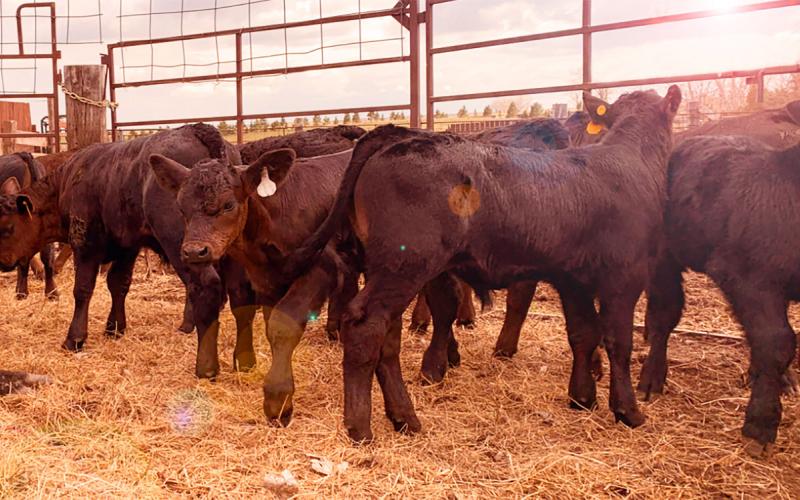
Vaccinating Early-Weaned Beef Calves
In most years, pre-weaning vaccinations are a task completed in early fall. However, in dry years, poor pasture conditions forcing producers to wean calves early may push up that timeline.
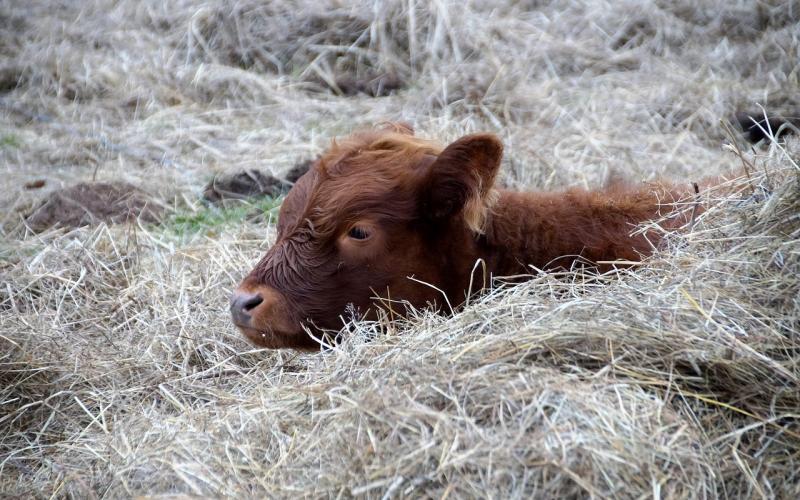
Summer Pneumonia in the Beef Herd
Respiratory disease in pre-weaned beef calves on pasture can be a concern for cow-calf producers, and outbreaks are frustrating for cattle producers and veterinarians alike.
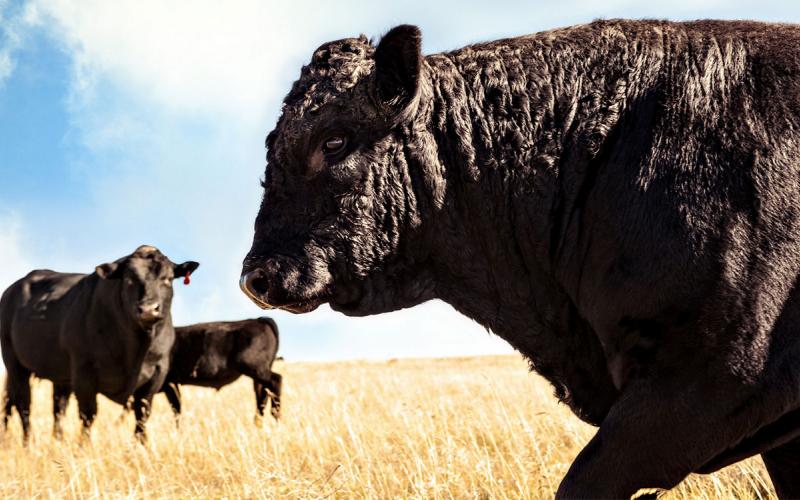
Reproductive Injuries in Bulls on Pasture
While reproductive injuries in bulls might not occur every year in a given cow-calf operation, they’re one of the most-common reasons bulls are examined by veterinarians during the breeding season.
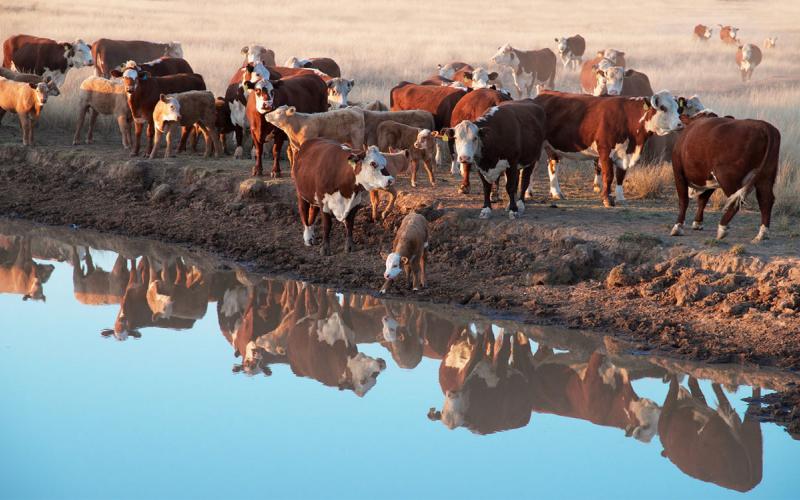
Hot Days Ahead and the Need for Water
Hot summer days are still ahead, and we need to account for water. The amount of water a cow requires varies depending on a variety of factors, including environmental temperature, lactation status and weight.